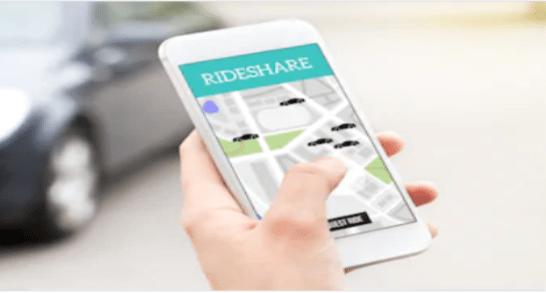
Today ride-sharing services are preferred by individuals and businesses due to being cheaper especially for longer routes. Uber, Lyft and other ride-sharing companies have ushered in a new era of transport business. The concept of ride-sharing that started with the establishment of Uber in 2009 in San Francisco, California represented a radical innovation.
If you have been injured in a ride-sharing accident, you should know that cases involving Uber and Lyft are different as compared to traditional vehicle accident cases. In this post, we will look at the differences between ride-sharing and traditional vehicle accident lawsuits.
1. Insurance Coverage
Ride-sharing services and a traditional taxi service have different insurance coverage. With the traditional tax service, you can file a claim with the insurance company of the taxi company. Filing an insurance claim in case of a ride-sharing accident is not that simple.
You can generally claim insurance compensation from the driver of a ride-sharing company. Only if the compensation amount offered by the drivers’ insurance company is not enough, or the driver does not have commercial vehicle insurance, you can claim compensation from the ride-sharing company.
However, you can’t claim anything from the insurance company of the ride-sharing company if the accident had occurred before a driver had accepted a ride or after completion of a ride.
2. Liability of Accident
Taxi drivers are employees of a taxi company. As a result, you can sue the taxi firm for losses that cannot be covered by the insurance payout. However, unlike taxi services, drivers who work for ride-sharing companies are considered independent contractors. So, you cannot directly sue the ride-sharing company for losses sustained in a ride-sharing accident.
Since you can only sue a driver associated with a ride-sharing company, the payout of a personal injury case will be lower. You cannot directly sue the ride-sharing company for getting compensation for your losses.
3. Liability Period
A taxi company is liable for any accident that occurs the moment a taxi is taken by a driver and the vehicle is dropped off at the garage at the end of the today. You can sue the taxi company for an accident that occurs anytime when the taxi is on the road.
In contrast, a ride-sharing company is not liable to pay for an insurance payment if the accident occurs when the driver has not accepted a ride. Moreover, the company will not be liable if the accident happens when the driver has ended the ride.
You should contact a professional ride-share professional attorney for expert advice regarding ride-sharing accident cases. An attorney will guide you in taking the right measures that will result in the most favorable court outcome.
